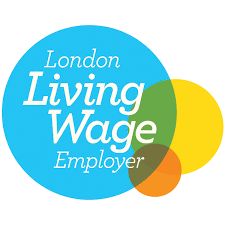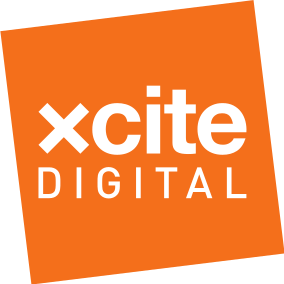Open banking was launched in the UK in 2018. But what exactly is it, and how can it be of benefit to you?
What is open banking?
Open banking is a way for banks to share your data and financial information more easily with other banks and authorised providers. This can include your bank balance, financial products you use, regular payments, typical spending patterns and favourite retailers. The idea behind this is that if this data be shared more easily it will help to bring more competition in the financial services industry and give you access to better products.
Before open banking your bank had exclusive use of this information. But open banking means all UK-regulated banks now have to share any of your financial information with third parties if you instruct them to do so. For example you might connect your bank account to a budgeting app that can analyse your transactions and give you tips and suggestions for saving money or even better financial deals.
All the major High Street banks are now set up to participate in open banking and already millions of people are using it to help make better financial decisions and manage their money.
Is Open Banking safe?
You need to be really careful and ensure that you only ever share your data with an Authorised provider. These organisations will be regulated by the FCA (look for their registration number or check here: https://register.fca.org.uk/s/) and also registered at the Open Banking Directory (https://www.openbanking.org.uk/customers/regulated-providers/) .
As long as you use an authorised provider you will be protected if anything goes wrong.
All financial providers also have to comply with UK data protection law. They are obliged to tell you what data they will use, how they will use it, and how long they will keep it for. If at any stage you feel your data has been handled inappropriately, you are entitled to complain to the free Financial Ombudsman service.
It is important to realise open banking is not compulsory. It is up to you to decide whether you are happy to share your data with any third party. You do not have to. But if you decide to do so, the safeguards built into open banking should give you better protection than you probably have at the moment.
What are the benefits of using open banking?
Let’s take a look at four of the main benefits to a customer of using open banking:
It is easier to access and switch financial products
Open banking will enable you to access a wider choice of financial products and services such as bank accounts, loans and mortgages. Companies who offer open banking will also be able to help you transfer to them much more quickly and easily. This is because you can authorise the company to view the financial information held by your current bank directly, instead of filling in forms and undergoing credit checks.You can see all your financial information in one place
Some banks are using open banking to enable you to login to a single service and see all your financial information together. Your data is drawn in from each bank and other financial service you use, to enable you - and any company you authorise - to get a complete overview of your financial position and see everything in one place. This could help you plan your finances much better, budget more accurately, and find the best products and services for your current circumstances. There are already many apps and bank offering this service to their customers.Banks and financial companies can help you more
When you authorise a bank or other financial company to see all your financial information they will be able to offer you more relevant products and services. Your financial circumstances and needs will change, and so should the products and services you are offered, open banking may allow a more tailored set of financial options made available to you. This will make them more relevant to you, and ensure they meet your current needs.Easier to pay with smartphones
Another benefit of open banking is making it easier for you to pay for things online. Most online payments currently still use a complex process involving the customer, the retailer, a secure payment service and the customer’s bank. Open Banking is allowing services like GooglePay and ApplePay use your smartphone like a digital wallet making payments easy and quick.
How do I start using open banking?
There are two parties involved in using open banking. One is your bank, the other is the company you want to share data with. Using open banking will typically involve the following stages, or similar:
- You need to be a registered user of online or mobile banking for your current bank account. Login to your internet banking site or mobile app.
- Activate open banking on the website or app of the company you want to use open banking with. For example there may be a box to tick to give them permission to share your data or take a payment through open banking.
- Your bank will then need you to confirm your identity and any additional security information, and will also check whether the company is in the Open Banking Directory. If all these details are satisfactory, the information/payment will then be exchanged with the third party.
Open banking is still in the early stages in the UK but it is continually growing and developing, and has the potential to radically transform the way you manage your money.
We hope this information from Fair Finance will help you decide how you want to use open banking both now and in the future.
Check back here soon for more financial tips from Fair Finance.




